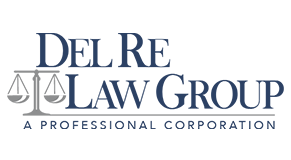Illinois criminal proceedings now have an added element of uncertainty due to evidentiary concerns over deepfakes. Specifically, these are doctored images and audio recordings that use someone’s real image and voice. However, they are produced by someone with the technology necessary to fake evidence. This is becoming much more accessible as technology improves, raising concerns for the criminal justice system.
One of the major problems caused by deepfakes is that courts rule differently on whether evidence needs to be authenticated and the degree to which it needs to be verified. Criminal defense attorneys will always try to challenge evidence that seems dubious, but prosecutors may be able to get questionable evidence into court. While the prosecutor would never knowingly use faked evidence, there is at least a chance that they may unwittingly try to introduce doctored evidence into court.
What is more troubling is the fact that the presence of deepfakes will cause participants in the criminal justice system to question everything. There is a thing called a “Liar’s Dividend” that results in a general loss of confidence, even when something is ultimately true. The fact that nearly anyone with a cell phone or a laptop has the ability to produce a deepfake makes the problem even more pronounced. There are no easy answers, and the problem only seems to be getting worse.
The increasing sophistication of deepfakes and the means to make them mean that criminal defendants need to be even more vigilant at all points during the legal process. Having a criminal defense attorney is even more important as it becomes necessary to heavily scrutinize every single piece of evidence in the criminal proceedings. The attorney could object to the introduction of questionable evidence and fight to keep it out of court through a motion to suppress.
